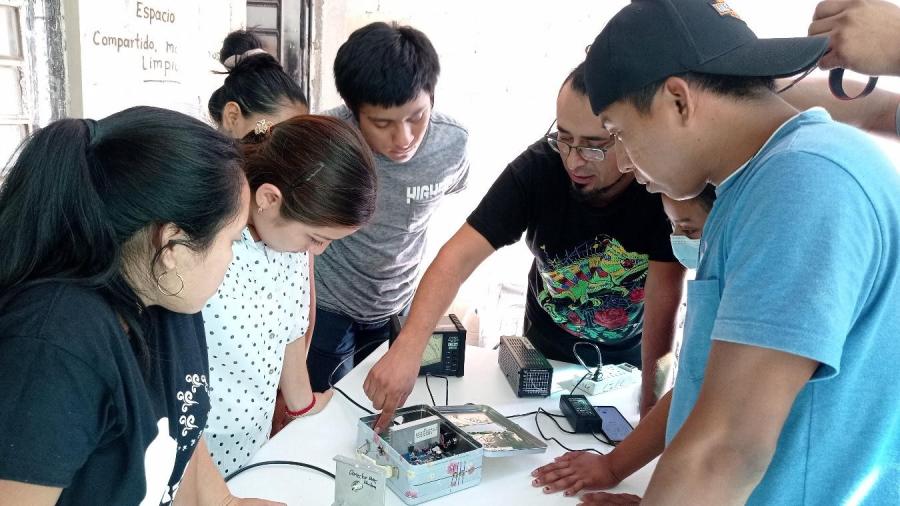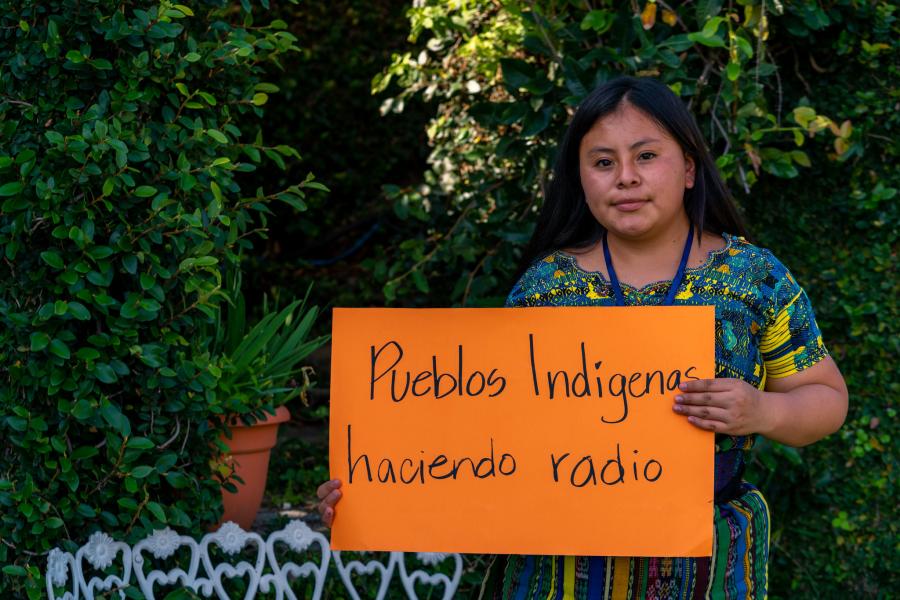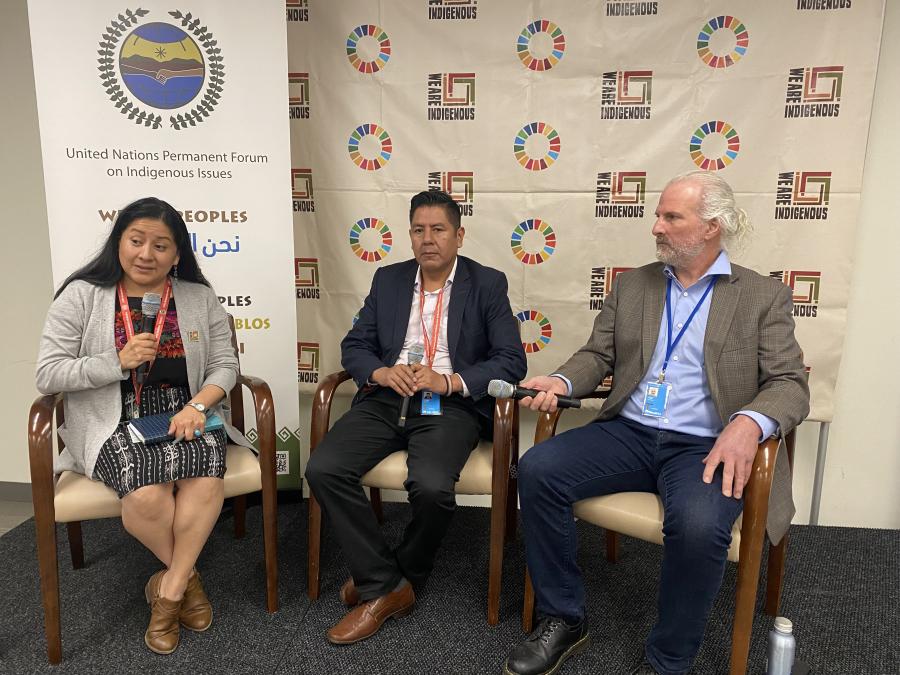The village of Cantel is located in the western highlands of Guatemala, in the department of Quezaltenango, 150 miles west of Guatemala City. Its population consists primarily of Mayan Indians who speak the Quiche/Kiche dialect, mostly small subsistence farmers who twice a year must supplement their meager incomes by traveling to work on large plantations in the southern coastal lowlands. There, they are subjected to harsh labor conditions and receive minimal earnings in return for their harvesting of sugar cane, coffee, and cotton.
The 1980s brought wave after wave of unprecedented civil violence to the communities of the Mayan highlands. Like the inhabitants of so many other villages, the farmers of Cantel experienced a dreadful toll of devastation, death, and displacement. Fortunately, unlike other villages, they were spared the burden of civil patrol duties that would have required them to police and inform on their own neighbors. As a result, the community's social fabric remained relatively intact. To this day, most of the community decisions in Cantel are made according to age-old traditions of consensus.
The children did not escape the tide of repression that swept over their village. Some fell victim to torture or death; others witnessed traumatic events that claimed members of their families. Families were frequently split up as populations were forced to flee or move into new government-designated locations. It is estimated that as many as 200,000 children became orphans during this era of civil violence.
In Cantel today, the burden of caring for a large number of orphans weighs heavily on the community. Twenty-eight children have now been identified as orphans; they are either staying with distantly related family members or with foster parents. Yet, the conditions of poverty in the village are such that these families can scarcely maintain their support of the children and desperately need help in the form of food, clothing, and guidance.
The villagers have decided that the only solution is to build an orphanage to house and feed children who otherwise face deprivation. While some children will be transferred directly to the orphanage, others will stay with their foster families but receive a new level of support from the center.
The Project Retonos de Mais (corn sprouts) is a response to the vital needs of these children. Much remains to be done: a building must be constructed; staff must be hired and trained to provide basic care for the children; the center must develop ways to monitor the situation of children in the community at large; a variety of courses must be developed in child care, nutrition, and family education; and mental health counseling is a priority so that the children can cope with the traumas they experienced.
These efforts must be geared to traditional Mayan culture and still meet the demands of the multicultural, multilinguistic, and multiethnic society in which the children find themselves. Support for the children will involve help from the wider community and respond to their many and continuing needs -- including schooling, vocational counseling, academic or vocational training, job searches, and more.
To seek support for these groundbreaking efforts, COMADECA (Cantel's Development Council) has sent Arcadio Salanic, a teacher with a natural vocation for working with children, to the Boston area. He visited Cultural Survival on April 23 to spread word about and gamer support for the orphanage.
Article copyright Cultural Survival, Inc.



